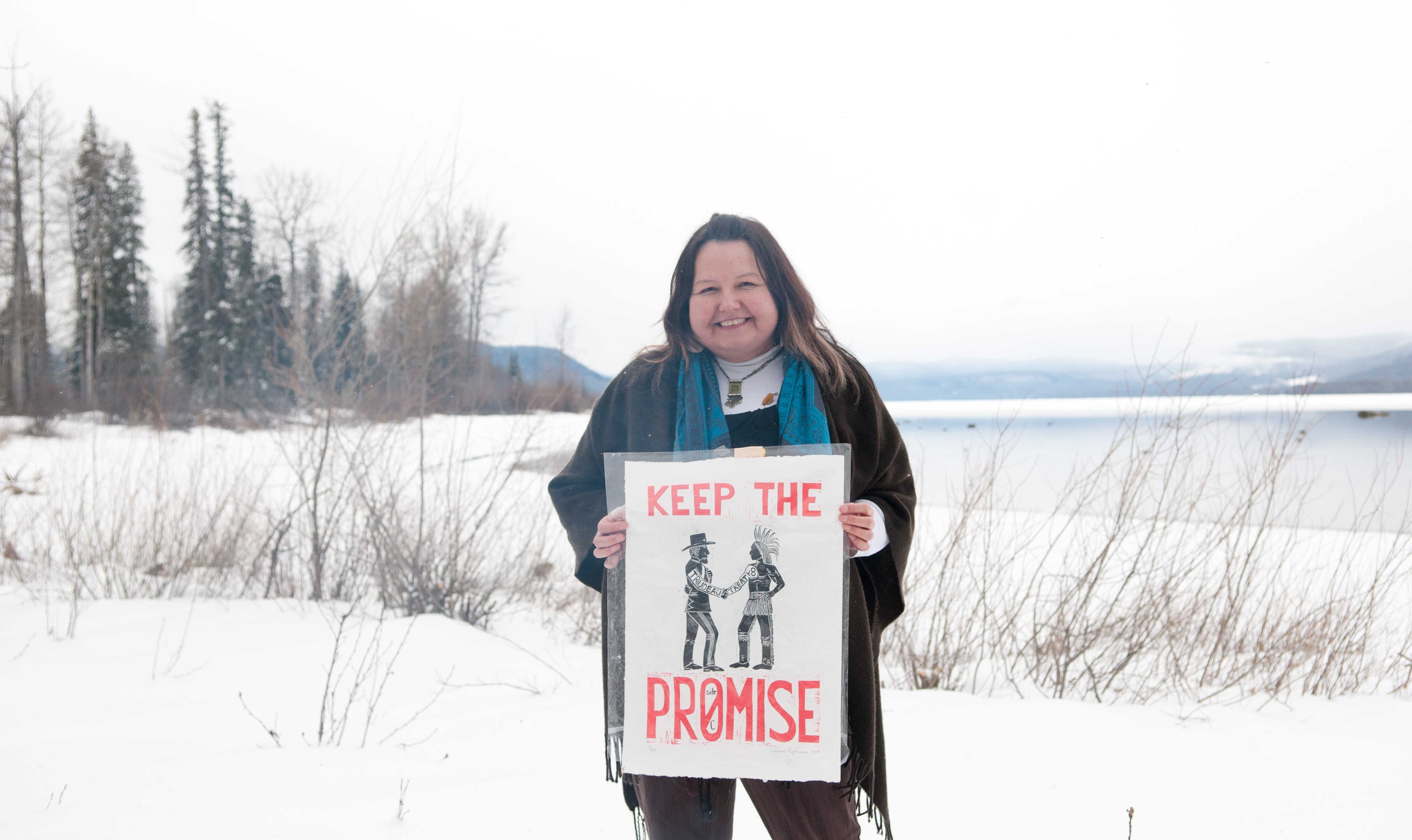British Columbia NDP leader John Horgan and Green party leader Andrew Weaver say they will refer the controversial Site C dam to an independent review before the BC Utilities Commission to determine whether continued construction is a good deal for the province’s taxpayers.
In the growing public debate surrounding this mega-project, and whether its costs outweigh the claimed benefits for all British Columbians, it’s important not to lose sight of the people who live in and depend on the threatened Peace River Valley.
Construction planned for this summer would destroy family farms and First Nations gravesites.
If the dam is eventually completed and the valley flooded, it will displace farmers and homeowners along the 80-kilometre stretch between Fort St. John and Hudson’s Hope, obliterate First Nations, Métis and non-Indigenous cultural sites, and deny Indigenous peoples access to one of the few remaining areas in the region where they can still exercise their constitutionally-protected treaty rights.
The West Moberly and Prophet River First Nations learned last week that the Supreme Court will not hear their appeal of the federal approval of Site C. At issue in that appeal is whether the government has a legal requirement to first consider its legal obligations under Treaty 8 before authorizing the destruction of the Peace Valley.
Significantly, there is already a clear answer to this question in the UN Declaration on the Rights of Indigenous Peoples, which both the federal government and the incoming provincial government have promised to uphold. The declaration is unequivocal that governments have an obligation to uphold treaty rights and that the right of Indigenous peoples to maintain their customs and traditions must be protected.
Canada’s international human rights commitments are also relevant for the farmers and other non-Indigenous peoples of the Peace Valley. In a detailed study of hydro-electric dams and other large-scale projects typically justified in the name of the “public good,” a leading United Nations human rights expert, the Special Rapporteur on Adequate Housing, concluded that in every instance governments have a clear onus to demonstrate that destruction, eviction or displacement is truly “unavoidable.” This includes an obligation to fully explore “all possible alternatives.”
These international human rights standards have a common practical and moral core. There are numerous ways to produce electricity or create jobs. However, peoples’ ties to their homes and to the land are often irreplaceable. That’s why it’s only right to expect that governments will demonstrate real rigour and responsibility in such decisions.
The fact is, however, that the province of B.C. plunged into construction of the Site C dam without a credible, objective demonstration of the need and without fully exploring the alternatives. What’s worse, the legal requirements of Treaty 8 were simply pushed to the side.
The NDP and Green party commitment to at long last refer the matter to the BC Utilities Commission is a positive step toward remedying these injustices, as long as the review is rigorous and fair. It is also a positive measure that BC Hydro has decided to at least temporarily defer construction plans that would have seen the imminent destruction of farms and graves.
These measures, however, are only the start of what is needed. In this day and age, all Canadians should be able to expect that major expenditures like the Site C dam will not proceed unless governments’ human rights obligations are met. ![]()
Read more: Energy, Rights + Justice, BC Politics
















Tyee Commenting Guidelines
Comments that violate guidelines risk being deleted, and violations may result in a temporary or permanent user ban. Maintain the spirit of good conversation to stay in the discussion.
*Please note The Tyee is not a forum for spreading misinformation about COVID-19, denying its existence or minimizing its risk to public health.
Do:
Do not: